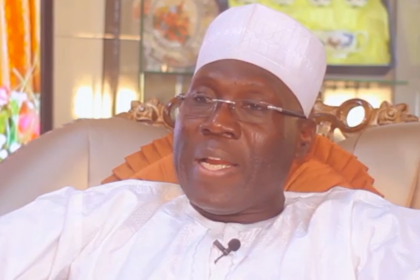By: Ibrahim Issah]
The Bank of Ghana (BoG) has reaffirmed its dedication to maintaining a flexible exchange rate regime, emphasizing the importance of this approach in responding effectively to economic shocks and ensuring stability in the foreign exchange market. Governor Dr. Johnson Asiama highlighted the central bank’s commitment to limiting excessive volatility and implementing policies that support economic growth and financial innovation.
The key features of BoG’s exchange rate policy includes
-Flexible Exchange Rate Regime: The BoG remains committed to a flexible exchange rate regime, allowing the cedi to fluctuate based on market fundamentals.
– Limited interventions: The central bank will intervene only when necessary to prevent excessive volatility and maintain orderly market conditions.
– Sound monetary policy: The BoG’s approach is rooted in sound economic fundamentals, including disciplined monetary policy and enhanced transparency in the foreign exchange market.
The Governor also outlined some measures to stabilize the cedi as follows
– Improved foreign exchange Management: The BoG will implement targeted market operations to eliminate forex leakages and improve reserves management.
– New foreign exchange law: A new law will be enacted to replace the Foreign Exchange Act 2006 (Act 723), providing a more effective framework for managing foreign exchange.
– Enhanced transparency: The BoG will improve communication and dialogue with banks and other stakeholders to ensure regular updates on regulatory matters.
The Bank of Ghana’s commitment to a flexible exchange rate regime is designed to foster stability and confidence in the foreign exchange market, supporting Ghana’s economic growth and development.


